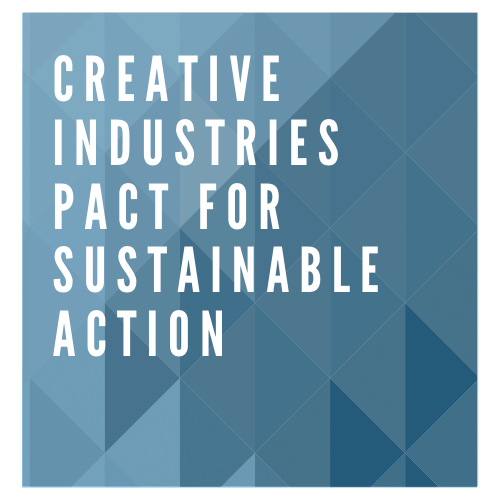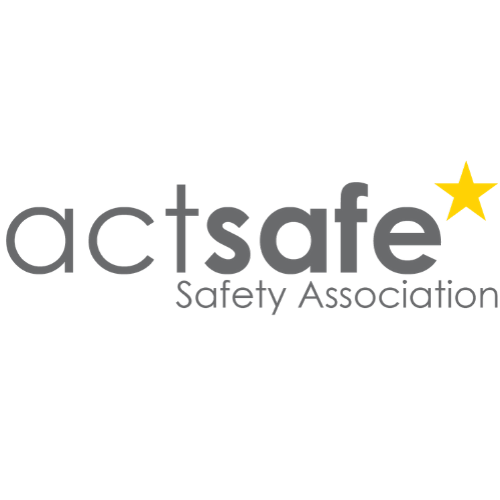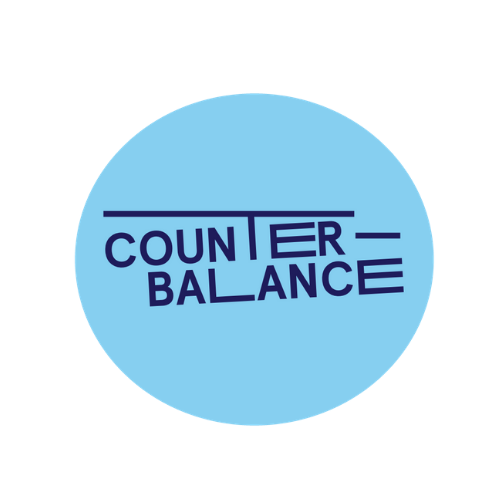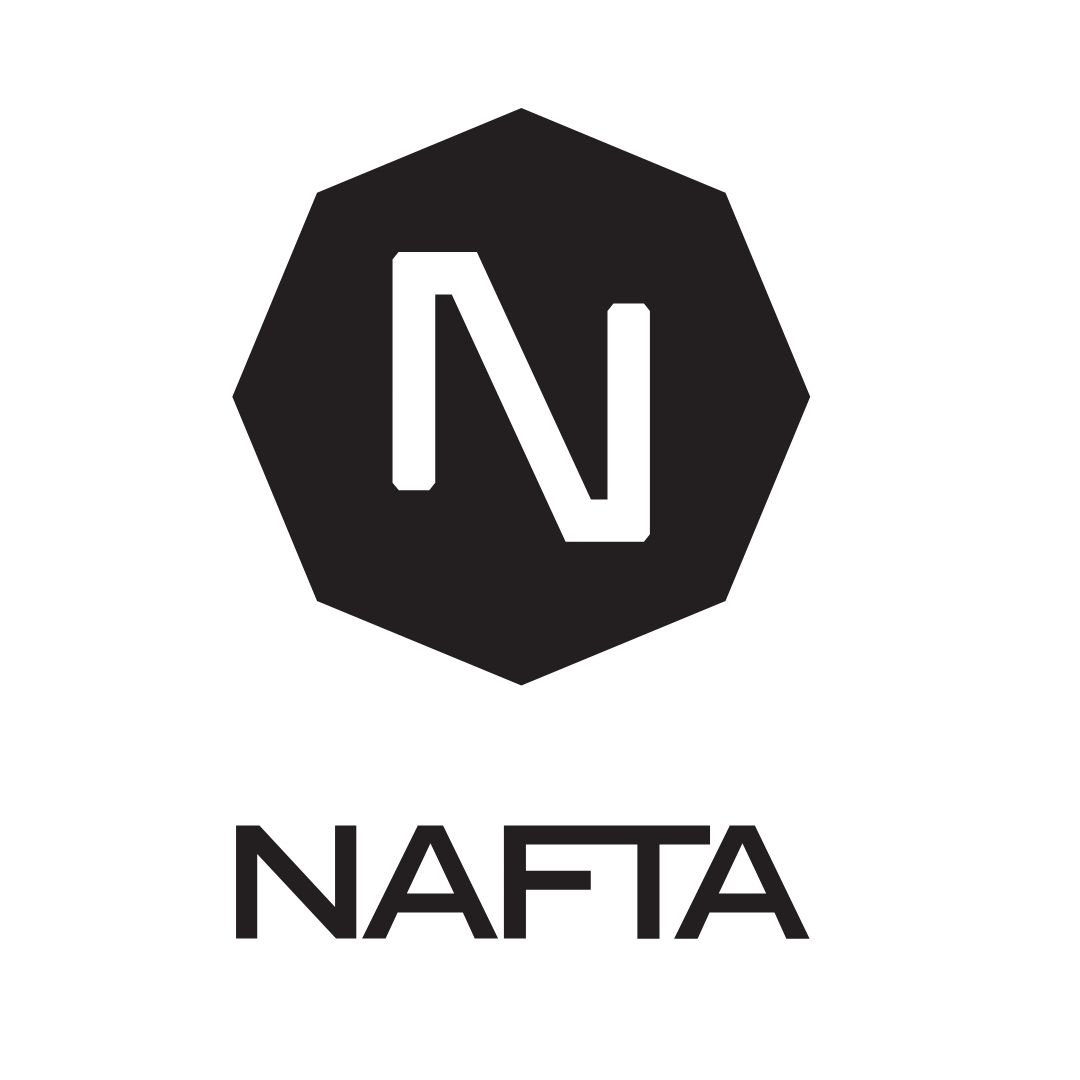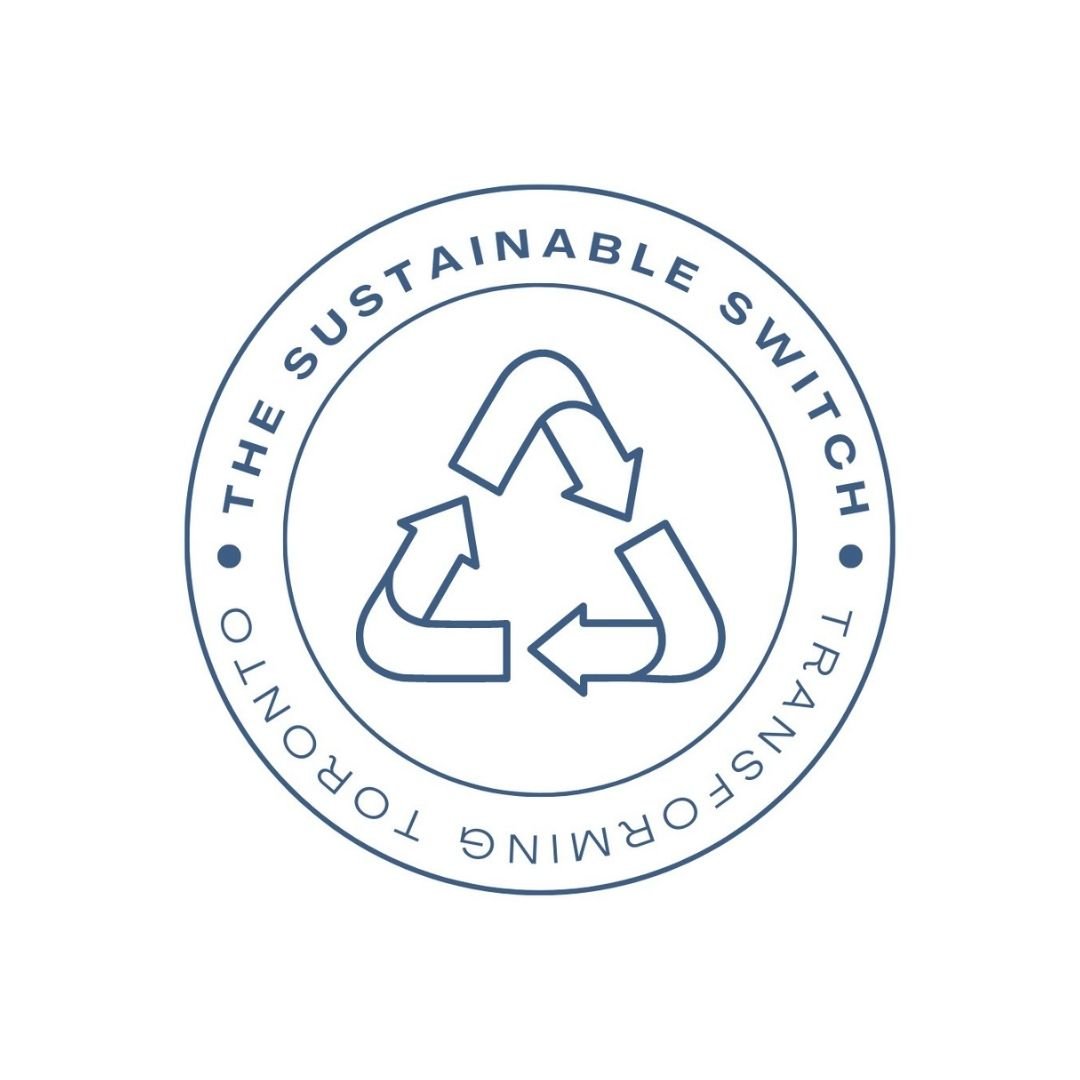
The Creative Industries Pact for Sustainable Action (the Pact) was developed to drive collective progress toward climate action.
The world economy must pivot away from fossil fuels and resource depletion to mitigate the risks posed by climate change, and create a cleaner and more equitable home on Earth.
And the creative industries can lead the way through collaboration on common goals.
About the Pact
The Pact is an aspirational set of goals for the creative industries, encouraging voluntary action. It references international agreements to ensure the industry is aligned with and committed to local and global climate goals, and encourages any organization to work toward the outlined goals and objectives in their own way and context. The Pact also offers the opportunity for organizations and individuals to self report on their sustainability initiatives, and collaborate and celebrate within an international community of climate enthusiasts in the creative industries.
Become A Signatory
The Pact applies to corporations, public agencies, member-based organizations, film schools, film commissions and any organization working in or with the creative industries that is willing and able to work toward the pledges within. Organizations who endorse The Pact become Signatories.
Become An Ambassador
The Pact also applies to any individual working in or with the creative industries that is willing and able to work toward the pledges within and actively encourage others to do so as well. Individuals who endorse The Pact become Ambassadors.
WITH THE UNDERSTANDING THAT:
The Intergovernmental Panel on Climate Change (IPCC) provides scientific consensus that global average temperatures are rising due to human activity.
The rise of global average temperatures is increasing climate related risks. [1]
194 nations and the European Union have signed the Paris Agreement—an international protocol to strengthen our collective response to climate change, and to limit an increase in global average temperature to well below 1.5°C above pre-industrial levels. [2]
The United Nations’ 2030 Agenda for Sustainable Development outlines 17 Sustainable Development Goals, which are an urgent call to action for all countries. [3]
Current business models are not delivering the change needed to achieve climate change goals. Cooperation and innovation from governments, industry, and civil society are required to build capacity for rapid, unprecedented and far-reaching change.
The International Resource Panel Report indicates that resource consumption is expected to double by 2050. [4]
All parties within the creative industries and their supply chains have the power to take actions to reduce negative social and environmental impacts. Actions that limit emissions, reduce waste, and support local communities are compatible with economic growth. [5]
These actions will make the creative industries more efficient, innovative and resilient.
WE, THE SIGNATORIES (ON BEHALF OF OUR ORGANIZATIONS) AND AMBASSADORS, (AS INDIVIDUALS) AGREE TO CONTRIBUTE TO:
The Sustainable Development Goals (SDGs) laid out in the 2030 Agenda for Sustainable Development.
The goals of the Paris Agreement to reduce greenhouse gas emissions and limit average global temperature rise to well below 1.5°C above pre-industrial levels.
Local, regional, and/or national climate action plans, resource consumption and waste reduction strategies, and work toward exceeding their targets.
The ultimate goal of collective action within the creative industries.
TO CONTRIBUTE TO THESE GOALS WE PLEDGE TO:
Formally develop and implement an action-oriented sustainability strategy which aligns with the goals within established frameworks noted above, or as an Ambassador, encourage organizations with whom I work to do so.
Establish metrics to quantify, track, and report on resource consumption, emissions and impacts through the establishment of a baseline and assessment of performance over time; or as an Ambassador, encourage organizations with whom I work to do so.
Educate the workforce on the impacts of climate change, water and resource consumption, and waste.
Prioritize the reduction and efficient use of fuel, energy and materials.
Prioritize the consumption of low-carbon foods.
Prioritize the use of sustainable, low-carbon materials.
Influence supply chain and procurement decisions to prioritize products that are energy efficient, non-toxic, have a low-carbon footprint and reduce waste.
Implement business practices that encourage the principles of resource efficiency, such as energy efficiency, water conservation, waste reduction and transport management.
Contribute to social and community development.
Develop and encourage partnerships that enable knowledge-sharing on sustainable best practices.
Advocate for incentives and policy for sustainability.
Leverage the influence of the industry on the general public to achieve a broader cultural shift towards a more sustainable way of living through inclusion of direct or indirect sustainability messaging.
Communicate progress on the actions in the pledge above every two years to demonstrate improvement.
Ready to take action?
Sign the Pact
By signing the pact, you are publicly acknowledging your commitment to the pact. Your company/organization will be added to the public list of signatories.

Signatories
Ambassadors
Adeyemi Adekunle, Director, Nigeria
Alicia Shepherd, Researcher at Film Commission, Trinidad & Tobago
Alyssa Kostello, Writer, Producer, Director, Actor, 1/2 AD, Canada
Anna Velander Gisslén, Producer & Commissioner, Sweden
Andrea Bakacs, Senior Art Producer + Photo Director, United States
Benn Wiebe, Vice Chairman / HFP, UK
Brunella Batista, Creative Executive, Canada
Carolina Carlini, Art Director, Colombia
Chantelle Smith, Student Photographer & Videographer, UK
Courtnee Zambrano, Writer, United States
David Hardy, Transportation Coordinator, Canada
Diella Ocran, Certified Health Coach + Sustainable Business Strategist, Canada
Dirk De Waal, Sustainability Production Coordinator, Canada
Dörte Schneider, Certified Green Consultant (film & tv), Portugal
Elisa De Pasquale, Sustainability Advisor, United Kingdom
Ellen White, CEO/Founder, United States
Florencia Nates, Social Communication of Audiovisual Specialty, Argentina
Gael H, Visual Artist, Canada
Geneniève Perron, Professor, Canada
Hayley Masson, Health & Safety Assistant, Canada
Hans Dayal, Production Manager/Location Manager, Director's Guild of Canada - BC District, Canada
Heike Quosdorf, Colorist / DI Engineer, Germany
Ilze Millere, Director & Writer, England
Jessica Jennings, Producer, Canada
Justine Gitahi, Green Consultant, Kenya
Dr. Jodie Taylor, Senior Lecturer and Curriculum Developer in Creative Industries, Australia
Joe Fraser, Member, IATSE Local 873, Canada
Jolanta Mojsej, Director & Writer, Canada
Käroli Grenman, Producer, Canada
Keith Toms, Production Manager, Canada
Khandiz Joni, Hair & Makeup Artist and Sustainability Strategist for Film & Media, United Kingdom
Khatoun Shahbazi, CEO of Chiamode Fashion Institute, Iran
Larissa Giroux, Canada
Lilith Diringer, Jazz Singer, Director & Circus Acrobat, United States
Luis Miguel Estela, Director y Productor, Colombia
Madigan Martinez Parga Mendez, Researcher of creative solutions for sustainable development; artist; environmental educator, Mexico/Germany
Mairi Claire Bowser, Screen Sustainability Manager Scotland, Scotland
Marian Wihak, Production Designer/Co-Chair National DGC Green Committee, Canada
Natalia Martinez Sagan, Art Director + Producer + Creative Reuse Specialist, Argentina
Paige Thomas, Camera Operator, United States
Peter Gudo, Story Researcher & Producer, Mozambique
Ramit Arora, Cinematographer, Canada
Rich Gold, Covid Compliance Officer, UK
Sandrine Pechels de Saint Sardos, Ottawa Film Office, Canada
Sebastian Gómez, Make it Greener, Columbia
Sertaç Oğul, Lawyer / Istanbul Bar Association Climate Change Comission, Turkey
Sophie Brune, Sustainability Manager, Denmark
Stephen Nwaloziri, Filmmaker, Nigeria
Tim Adams, Chairman, IATSE Local 631 Green Committee, United States
Verena Kalthoff, Sustainable Production Consultant
Zena Harris, President & Founder of Green Spark Group, USA
